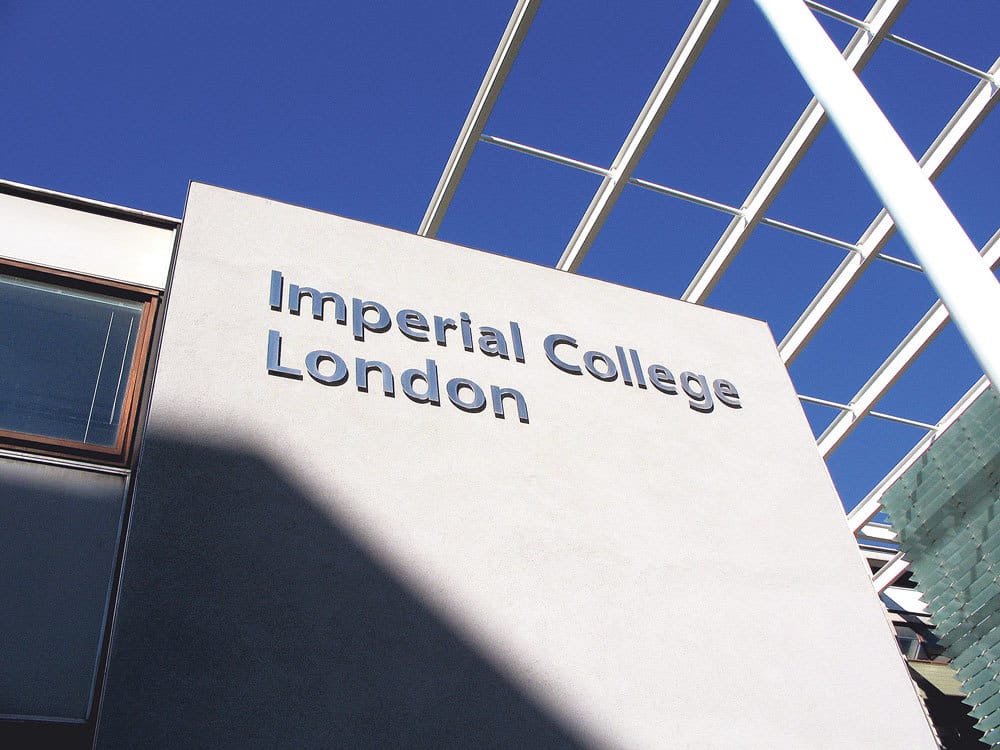Just how important are league tables?
Action must always be taken, yet the university ranking system is not perfect

Earlier this month it was revealed that Imperial College London had slipped eleven places in the Sunday Times University League Table for 2012. With such a dramatic fall from third to fourteenth position nationally, this is undoubtedly a cause for concern.
Yet if one considers the latest results from the Times Higher Education World University Rankings, released yesterday, Imperial finds itself in comfortable territory. The university currently sits in eight position globally, and takes third place nationally, behind Oxford and Cambridge. Clearly, there is disparity between not only these league tables, but also many others.
If it is a case of UK-only league tables placing a greater emphasis on student opinions, as stated by the Union President last month, then should we even be paying attention to world rankings and drawing attention to our significant success while they fail to fully gauge the university experience?
Naturally, league tables are not to be balked at, though at their heart a great gap is widening – that of consistency. As it stands, prospective students eager to assess the merits of individual universities are invariably swayed by the allure of league tables. The varying ranks of universities such as Imperial across a variety of well researched though contrasting tables can easily serve to complicate and hinder potential applications.
Equally, the sudden drop of an institution such as Imperial with comparison to other, perhaps more favourable league table results, may lower the credibility of such tables in the eyes of the reader.
The Union President’s pledge to work with the College to improve student satisfaction as a result of the sudden fall must be welcomed. Any attempt to improve the admittedly poor results of this year’s National Student Survey (Imperial stands at 163rd out of 168 UK institutes with regards to student satisfaction) will obviously reap the benefits.
Nevertheless, the league tables system is inherently confusing and when the future of your own higher education is at stake, clarity is precisely what is needed. Separate tables do serve a purpose of providing genuine comparison between institutions, though it is dangerous to place full trust in their varying criteria or conditions.
There is no denying that Imperial has a problem with student satisfaction that it must attempt to tackle; equally, there needs to be a firm examination of the league table process, before they become an arbitrary ranking wholly dependent on publication.



